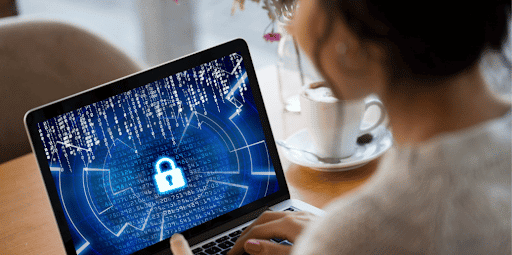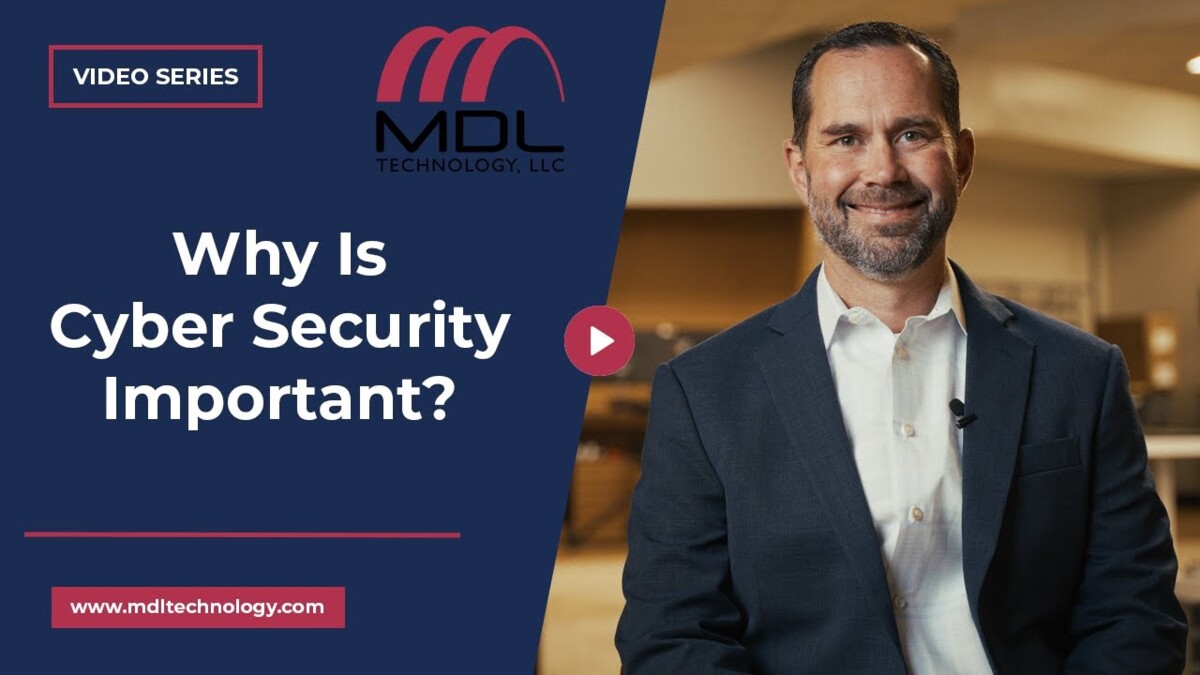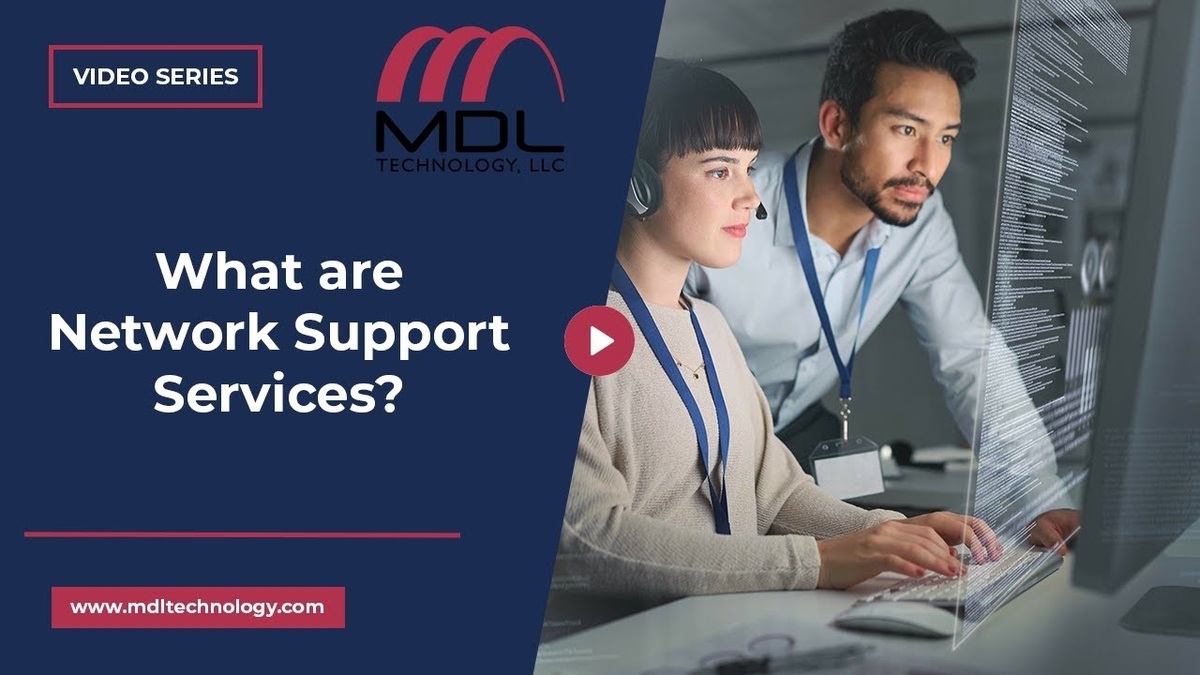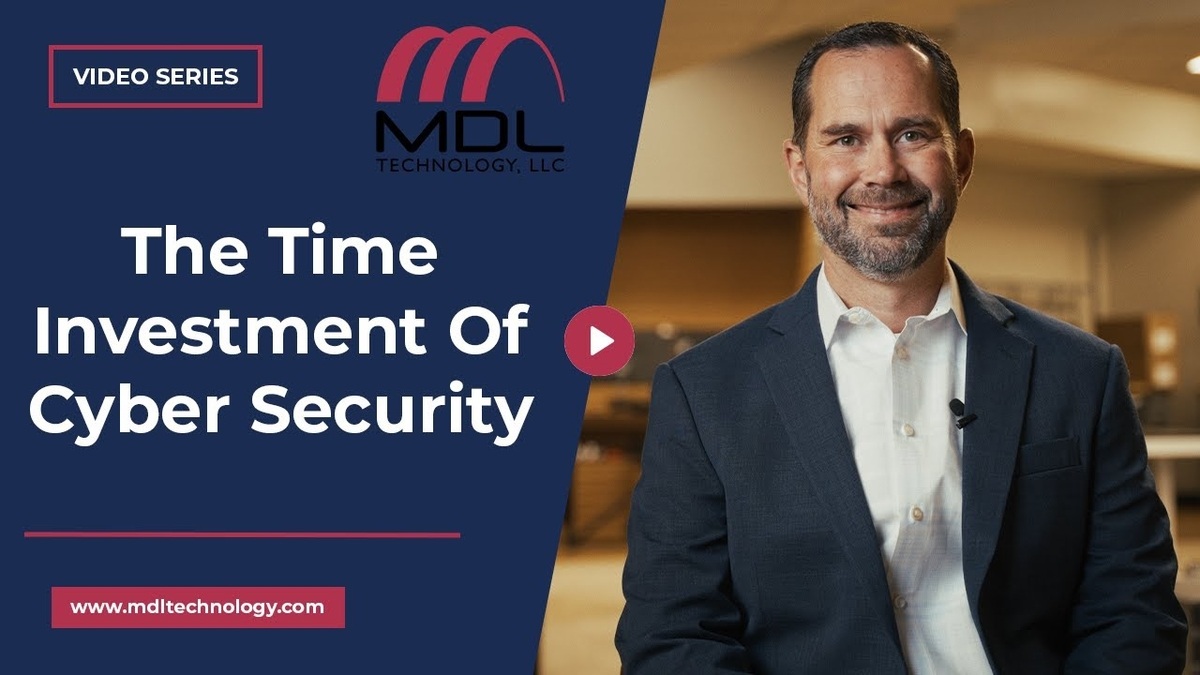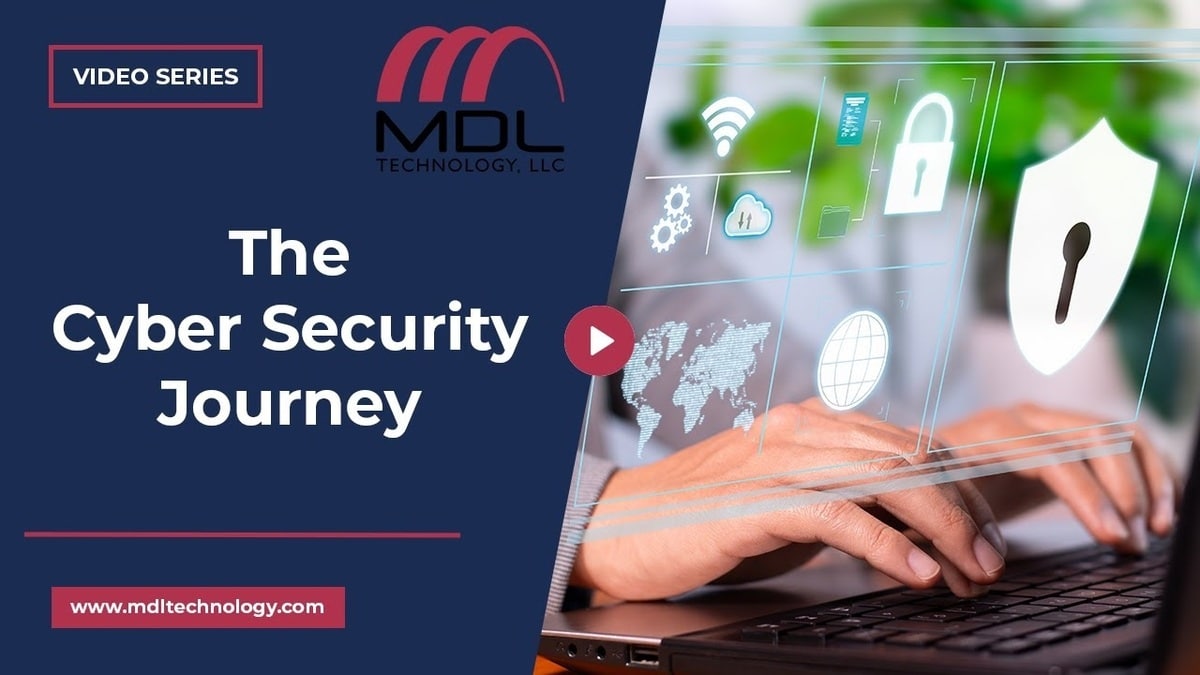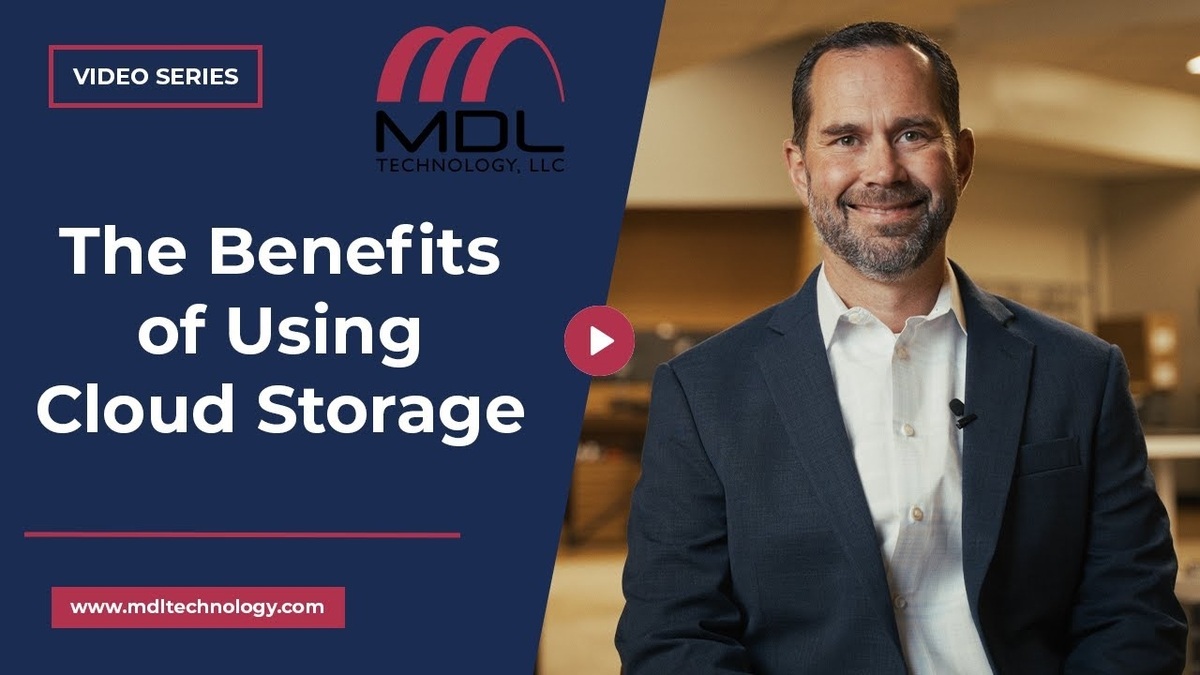As the economy slowly recovers and industries plan for a post-pandemic life, now is the time to factor cybersecurity into your business’ budget. Cybersecurity is essential to keep your products, finances and employees protected.
The increase in people working remotely has led to greater exposure to cyber risks. In fact, according to Deloitte, during the pandemic, there were 35% more cyber attacks, compared to only 20% prior to the pandemic. Plus, 47% of individuals fall for a phishing scam while working from home, like an email or mobile account login that leads to a fake website. Hackers are clearly upping their game when it comes to hacking into personal accounts and websites.
Now more than ever, cybersecurity is essential to every industry, whether it’s a small start-up or a global business. Here are the top industries that NEED to have a cybersecurity plan in place.
Energy and Utilities
Nearly everything we do and every decision we make is centered around energy: where we eat, how we travel and how we control the temperature in our house. According to the Cybersecurity Guide, in the U.S., energy represents about 9% of the Gross Domestic Product (GDP), which means the energy industry contributes about $1 trillion to our economy each year. However, even an industry as widespread and essential to our everyday lives as utilities can be vulnerable to data breaches.
Cybersecurity Guide also reports that “energy companies face cyber risks from vulnerabilities related to their IT systems, OT infrastructure and supply chain partners. IT symptoms include technologies used to gather and process data needed to run the business side of the enterprise while OT infrastructure comprises technologies required to control physical devices such as pumps, motors, valves and switches.”
Cybersecurity Guide continues to state that cybersecurity can be challenging for the energy and utility industries because “energy companies are rich, utilities have an ever-increasing attack surface and electric-power and gas companies have unique interdependencies between physical and cyberinfrastructure.” The U.S. has seen an increase in the frequency and sophistication of cyber threats leveraged against the energy industry.
For example, according to Security Intelligence, in the spring of 2021, an attacker gained access to the network of a major U.S. pipeline company via an employee’s virtual private network (VPN). The hacker found the passwords used to access the account on a list of leaked passwords on the dark web. One week after the data breach, the cyber attacker sent a ransom note, which led the company to shut down the pipeline.
According to Cybersecurity Guide, here are the best cybersecurity solutions for the energy industry:
- Virtual Dispersive Networking (VDN) – Technology that divides a network message into multiple parts and encrypts each component separately.
- Hardware Authentication – An approach to user authentication that is especially useful for geographically dispersed OT networks.
- User-Behavioral Analytics – Detects what a user is doing and can recognize abhorrent or suspicious behavior.
Health Care
Computers and other technological devices are used every day in the health care industry holding endless amounts of personal records that include medical history, family history, current health status and other files that can be found in seconds. According to Swivel Secure, private patient information is worth a lot of money to hackers and medical devices are an easy entry-point.
According to Cybersecurity Magazine, health care is predicted to suffer two to three times more cyberattacks in 2021 than the average amount for other industries — and the health care industry is predicted to spend $125 billion on cybersecurity from 2020 to 2025.
Despite the importance of cybersecurity for the health care industry, not many health care employees are educated in online risks. A recent report stated that 24% of people working in the medical industry have never received cybersecurity awareness training.
Cybersecurity solutions are very complex, so medical staff should require a secure network that is quick and easy to access. According to Teskalabs, here are some ways that the health care industry can improve cybersecurity:
- Cybersecurity training for staff.
- Apply software updates promptly.
- Implement already proven cybersecurity technologies.
- Controlled system access.
- Discourage the use of one password for all systems.
- Security in depth.
Small Businesses
Small businesses are essential to local economies by keeping money close to home and supporting neighborhoods and communities. Despite their size, small businesses are still targets to hackers — and because they often lack the support to recover from an unpredictable financial blow, they need a disaster recovery plan and a cybersecurity strategy more than most industries.
According to the International Security Journal, small and medium-sized businesses (SMBs) are attacked more frequently than larger brands. Sixty percent of small businesses fold within six months of a cyberattack due to the loss of documents and money.
Here are the top cybersecurity mistakes that small businesses make:
- Outdated hardware and software – Outdated hardware can slow down productivity and can increase data loss and be incompatible with future changes and growth. It’s also expensive to replace and can be time-consuming to set up.
- Failing to properly protect and store data – For small businesses, buying and maintaining their own servers on-site doesn’t make fiscal sense. The servers take up a lot of space and there is a large cost associated with this method of data storage.
- Allowing unrestricted “B.Y.O.D.” (Bring Your Own Device) – When workers use their own device, it can spread data all over the place, often without suitable encryption, which can increase the risk of data breaches or virus exposure.
Small businesses need to make digital security more of a priority. According to the FCC, below are a few tips on how small businesses can improve their cybersecurity:
- Train employees in security principles – Establish basic security practices and policies for employees.
- Protect information, computers, and networks from cyberattacks – Have clean machines with updated security software, web browser and operating systems.
- Make backup copies of important business data and information – Regularly backup all data on any computer or device used at your business.
- Limit employee access to data and information, limit authority to install software – Employees should be given access to specific data systems that they need for their job.
- Password and authentication – Require employees to use unique passwords and change passwords every three months.
Accounting Firms
Professional accountants and accounting firms often store, manage and oversee valuable financial data including your taxes, social security, bank statements and more. Therefore, the accounting industry should have the best protection when it comes to cybersecurity.
According to Ramsac, here are the most known cybersecurity concerns for accountants:
- Databases getting sold on the dark web.
- Customers receive emails pretending to be legitimate and from an accounting firm.
- Unwanted or unauthorized access to systems.
- Data is located behind a ransomware paywall.
- A bug hiding in a system for a longer period of time, allowing for malicious data collection.
So how should accounting firms approach cybersecurity? According to IT ProPortal, the first approach is to contact your cybersecurity provider to assess your data security level and test the vulnerabilities. This will generate a final report stating the weak points.
Furthermore, Office Tool suggests that accounting firms use these best practices for cybersecurity:
- Backups – A backup plan ensures that data and information are stored in the cloud and backed up regularly.
- Email Security – Be sure your IT team educates employees, uses anti-malware, anti-phishing and anti-spam and content filtering software to prevent email from entering inboxes.
- Passwords and Authentication – Require employees to change passwords regularly and require strong passwords that include numbers, special characters and upper and lower case letters.
- Access Controls – Only provide access to systems and information for those who must have access to that information, based on role, group or job title.
- Audits and Penetration – Audits can identify vulnerabilities, especially as new technologies are added.
- Employee Training – Be sure your employees know how to identify and report IT security issues and help keep your accounting firm safe from potential accounts.
Education System
According to Terranova Security, due to the sharp increase in remote learning and virtual classrooms, the education sector experienced a “record-breaking” year of cyberattacks in 2020. Globally, the education sector is the most vulnerable to threats like malware, which accounts for 6.8 million reported encounters. This past August, the bipartisan K-12 Cybersecurity Act passed, shining a new spotlight on the importance of cybersecurity among K-12 school districts. The K-12 Cybersecurity Act would direct the Cybersecurity and Infrastructure Security Agency (CSIA) to complete a study of the cybersecurity risk that schools face and develop recommendations and resources for schools to improve them.
Cybersecurity must be part of every education organization’s mandate. Students, teachers and administrators all need access to learning tools to understand, detect and avoid cyber threats they may encounter.
Check out these cybersecurity tips for students and teachers to be aware of, courtesy of Terranova Security:
- Keep software up-to-date
- Install anti-malware and anti-virus software
- Choose strong passwords
- Undergo security awareness training
- Appoint internal cybersecurity ambassadors
- Avoid clicking on email links or opening attachments
Each level of the education system should have strong and secure cybersecurity. Since the pandemic, more hackers have had more time on their hands to encourage more cyberthreats. According to The Washington Post, among ransomware attacks reported in August and September 2020, 57% were K-12 institutions.
To protect your school’s data, security awareness training needs to be at the forefront of your defense strategy.
Benefits of Cybersecurity
Whether you are starting your own business or if you are switching cybersecurity companies, MDL Technology has options to protect you and your employees. Here are the top cybersecurity trends for 2022 that you need to protect your business:
- User Awareness – Includes educating and testing employees to help protect your business against phishing and other social-engineering cyberattacks.
- Machine Learning – Critical asset to cybersecurity because it collects data by looking at algorithms and anticipating attacks. It also can expect and respond to the attacks using a rich database that creates the pattern and controls them by using algorithms.
- Mobile Device Attacks – Mobile devices follow the movement of their owner, hackers also follow the movements of the mobile device. Companies should acknowledge the ever-changing e-commerce landscape and properly prepare for cybersecurity threats.
Services MDL Technology, LLC Offers
Every company and industry should have secure cybersecurity. MDL Technology LLC proactively manages all of your technology needs. We focus on providing customers with worry-free computer support.
Here at MDL Technology, we offer four of our best services including:
- Network and Infrastructure Solutions – Networks are data centers, endpoints, virtual systems and mobile devices. MDL designs network infrastructure to meet your business needs.
- Cloud Services – Our cloud computing services allow you to work from anywhere, by including cutting-edge software and hardware technologies, MDL keeps your data secure.
- Disaster Recovery – We offer cloud storage solutions in a cost-effective and secure way to keep tabs on your data. With off-site backup, you can rest assured that we have your back, always.
- Managed Services – Designed to dramatically reduce or eliminate computer problems in your business while maximizing your network’s speed and stability.
If you are experiencing cybersecurity issues, visit our website to educate yourself about our services and choose one that would be the best fit for your company, today!

